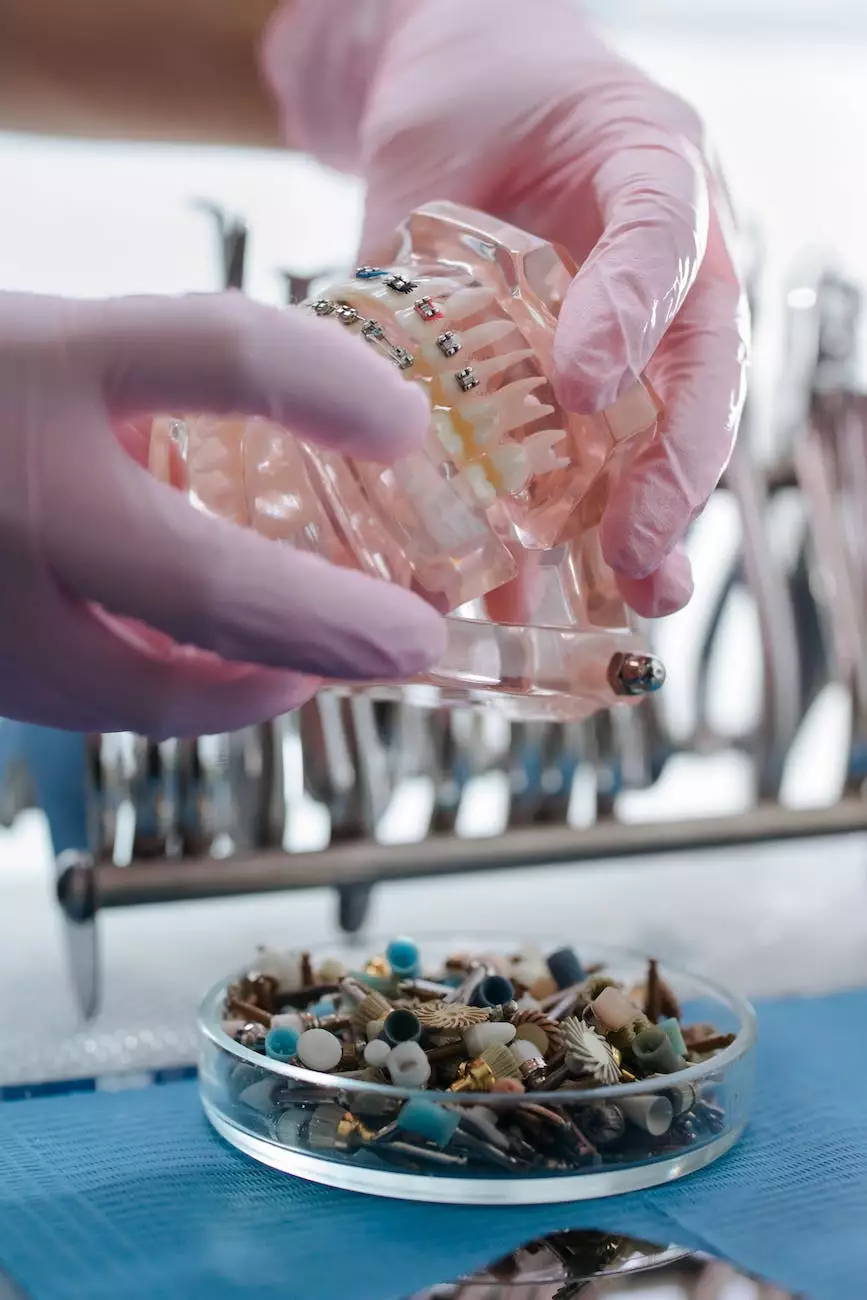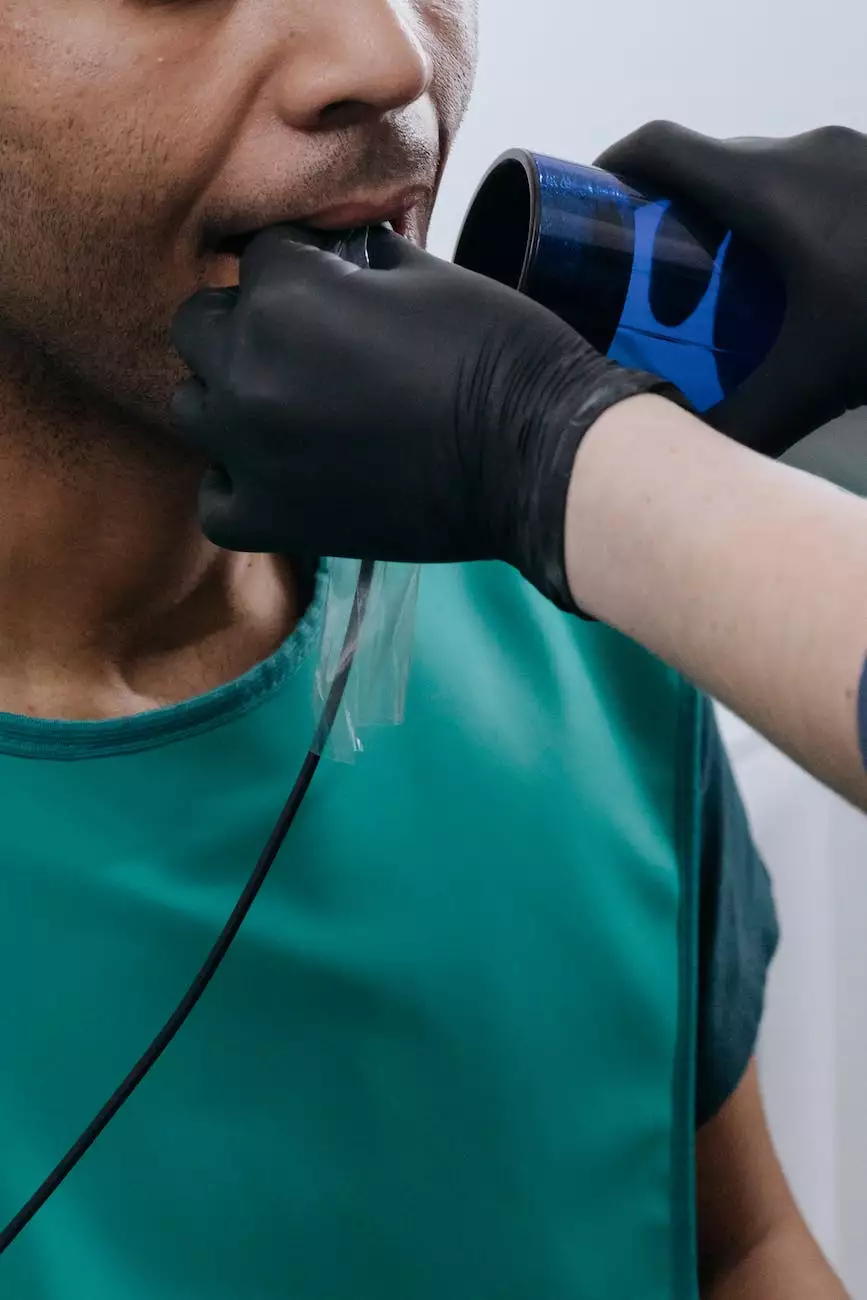Exploring Dental Crowns: Pros and Cons of Restoration
Blog
Introduction
Welcome to Robert Miller, DDS, where we provide exceptional dental services to enhance your oral health and restore your smile's functionality. In this article, we will explore dental crowns, a popular restoration option. Whether you are considering dental crowns for cosmetic or functional reasons, we have compiled detailed information to help you make an informed decision.
Understanding Dental Crowns
Dental crowns, also known as dental caps, are custom-made prosthetic devices that cover damaged or decayed teeth. Crafted from various materials, including ceramic, porcelain, metal alloys, or a combination of these, dental crowns are designed to replicate the shape, size, and color of your natural teeth. They act as a protective casing, restoring both the appearance and functionality of your tooth.
Benefits of Dental Crowns
Dental crowns offer numerous advantages, making them a popular choice among patients. Here are some key benefits:
- 1. Enhanced Dental Aesthetics: Dental crowns provide a natural-looking solution, allowing you to achieve a beautiful, uniform smile.
- 2. Tooth Strengthening: By encasing a weakened tooth, dental crowns improve its durability and functionality, allowing you to bite and chew comfortably.
- 3. Protection: Crowns act as a protective shield, preventing further damage or decay to the underlying tooth structure.
- 4. Versatility: Dental crowns can be used to address a variety of dental issues, including cracked, chipped, discolored, or misshapen teeth.
- 5. Longevity: With proper oral hygiene and regular dental care, dental crowns can last for many years, providing long-term results.
Considerations and Potential Drawbacks
While dental crowns offer numerous benefits, it is important to consider potential drawbacks before making a decision. Here are a few factors to keep in mind:
- 1. Cost: Depending on the material used and the complexity of the case, dental crowns can be more expensive compared to other restoration options. However, the long-term benefits often outweigh the initial investment.
- 2. Tooth Sensitivity: In some cases, patients may experience temporary tooth sensitivity after the crown placement. This discomfort typically subsides within a few days or weeks.
- 3. Potential for Allergic Reactions: Some individuals may be allergic to certain crown materials, such as metal alloys. However, alternative materials can be used to avoid this issue.
- 4. Adjacent Tooth Preparation: To accommodate the crown, a small portion of the adjacent tooth structure may need to be removed. However, the benefits of the crown usually outweigh this minimal alteration.
The Dental Crown Procedure
The dental crown placement process involves several steps:
- 1. Consultation and Examination: Dr. Robert Miller will evaluate your oral health, discuss your goals, and determine if dental crowns are the right solution for you.
- 2. Tooth Preparation: The affected tooth is gently reshaped to create space for the crown. Local anesthesia is administered to ensure a comfortable experience.
- 3. Dental Impressions: Precise impressions of your teeth are taken to craft a custom crown that fits perfectly and blends seamlessly with your natural teeth.
- 4. Temporary Crown Placement: While waiting for the permanent crown to be fabricated, a temporary crown is placed to protect your prepared tooth.
- 5. Crown Placement: Once your custom crown is ready, it is securely bonded to your prepared tooth using dental cement, ensuring a stable and long-lasting restoration.
- 6. Final Adjustments: Dr. Miller will carefully check the fit, occlusion, and appearance of the crown, making any necessary adjustments to achieve optimal comfort and aesthetics.
Maintaining Your Dental Crowns
Proper care and maintenance are essential to maximize the lifespan and appearance of your dental crowns. Here are some tips:
- 1. Good Oral Hygiene: Brush your teeth twice a day, floss daily, and rinse with an antimicrobial mouthwash to keep your teeth and gums healthy.
- 2. Avoid Excessive Force: Avoid biting or chewing on hard objects or using your teeth as tools to prevent crown damage.
- 3. Regular Dental Check-ups: Visit our office regularly for professional cleanings, examinations, and any necessary adjustments or repairs to ensure your dental crowns stay in excellent condition.
Conclusion
With the comprehensive information provided, you now have a better understanding of dental crowns and their pros and cons. Robert Miller, DDS, is here to help you achieve a confident smile and optimal oral health. Contact us today to schedule a consultation and take the first step towards restoring your smile with dental crowns!




